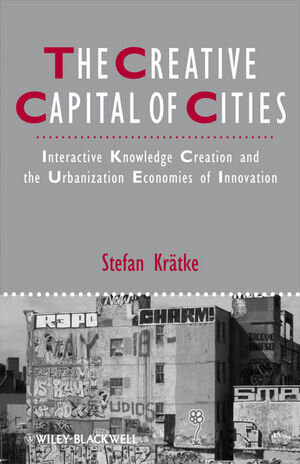
„On the whole, The Creative Capital of Cities makes a valuable contribution to the urban economic literature. It provides a critical and quite comprehensive overview of a number of issues that have so far been left too much aside in the current debate.“ (J Hous and the Built Environ, 8 September 2012)
„This is an outstanding addition to our understanding of the roleof creativity and innovation in urban growth and competition. Especially nuanced regarding governance implications, the rise ofcreative industries is firmly located within geographies of unevendevelopment, with Harvey taking precedence over Florida in fruitfulmixture of insightful theoretical engagement and significantempirical analyses.“
--Peter Taylor, Northumbria University
"At last, a cogently argued and empirically well-foundedanalysis of the much-vaunted 'creative city'. Cutting through thehype, Stefan Krätke presents a compelling political economy ofcreative capital(ism), with important implications for both theoryand policy."
--Jamie Peck, University of British Columbia







